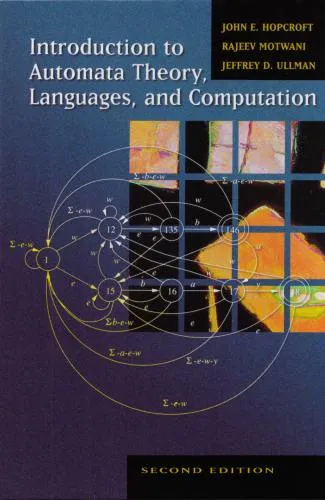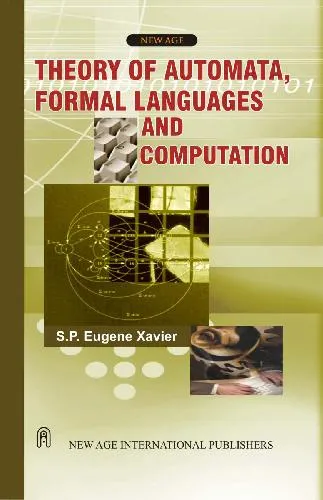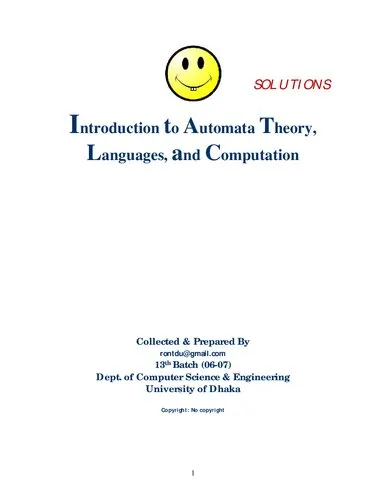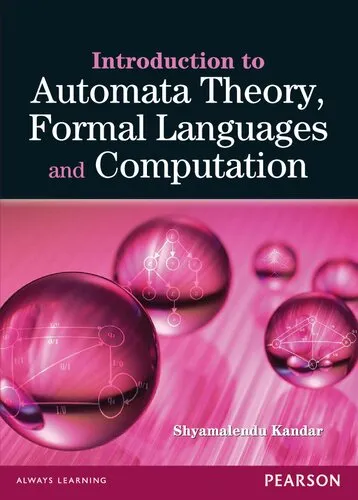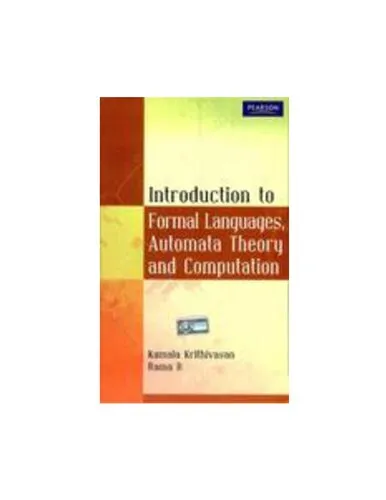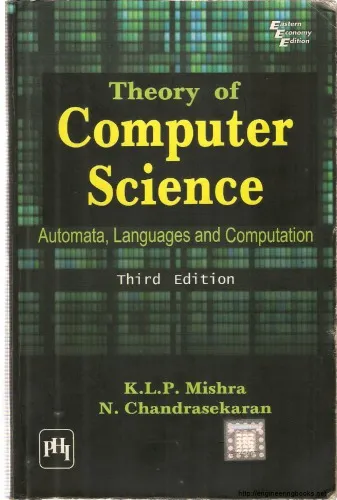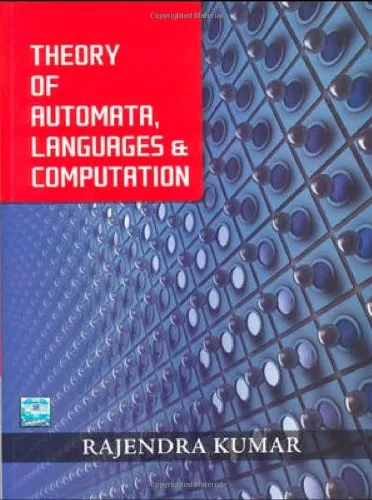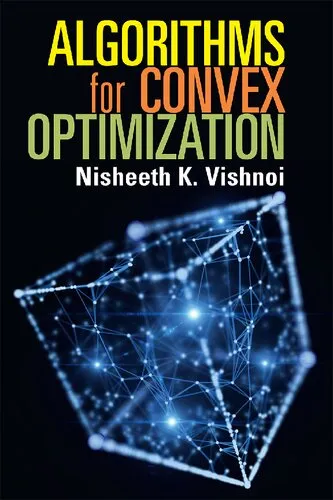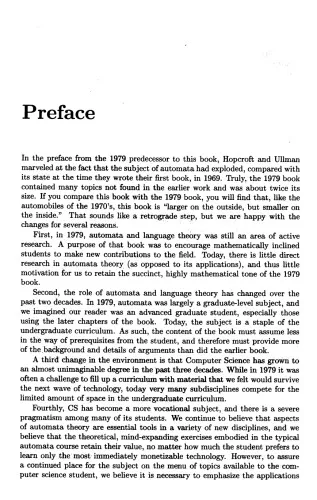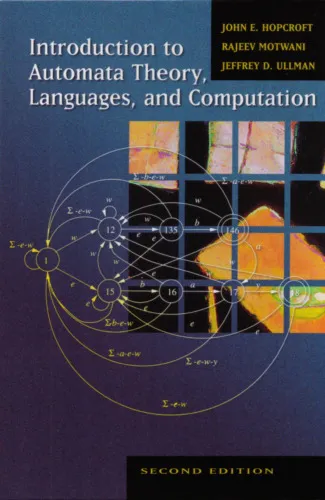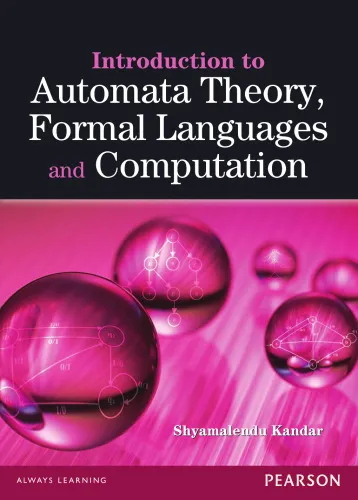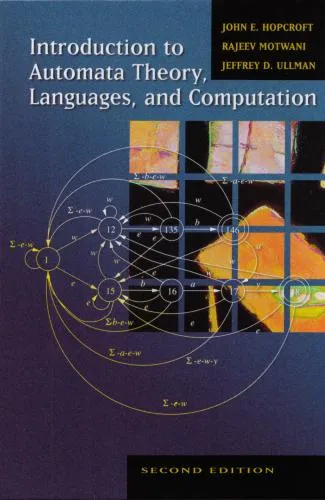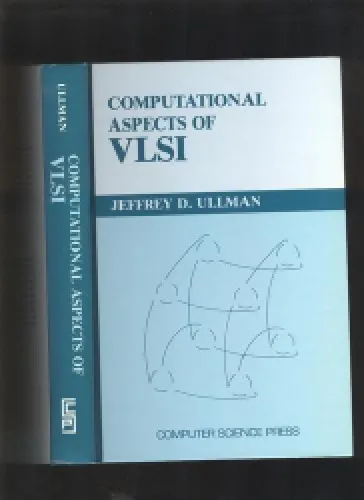Introduction To Automata Theory, Languages, And Computation
4.6
Reviews from our users

You Can Ask your questions from this book's AI after Login
Each download or ask from book AI costs 2 points. To earn more free points, please visit the Points Guide Page and complete some valuable actions.Related Refrences:
Analytical Summary
The book Introduction To Automata Theory, Languages, And Computation is recognized as one of the seminal texts in the study of computational theory and formal languages. Written with precision and depth, it offers a structured exploration into the abstract mechanisms that define computation, from the foundations of automata to the intricate architectures of programming languages and grammars.
This authoritative work bridges mathematics and computer science, presenting concepts such as finite automata, regular expressions, pushdown automata, and Turing machines. While highly technical in places, it remains accessible to committed students, researchers, and professionals who wish to gain a rigorous understanding of the computational models that underpin modern computing systems.
Beyond the mechanics of models, the book engages with the theoretical limits of computation, analyzing what can be computed within given resource constraints. It further explores the deep connections between formal languages and automata, providing readers with a framework for analyzing and designing algorithms and compilers.
Key Takeaways
A careful reading of Introduction To Automata Theory, Languages, And Computation yields several critical insights that are applicable to both academic inquiry and practical computing challenges.
First, the text conveys the importance of formal models such as finite and pushdown automata in streamlining the design of parsing algorithms. Second, it emphasizes the role of regular and context-free languages in structuring programming syntax and compiler theory. Third, it introduces readers to the Church–Turing thesis, fostering an appreciation for the theoretical boundaries of machine computation. Fourth, it demonstrates how computational complexity informs decision-making about algorithm efficiency.
Lastly, the work establishes clear links between theoretical constructs and real-world applications, underscoring the enduring relevance of automata theory in fields as diverse as artificial intelligence, natural language processing, and software engineering.
Memorable Quotes
The study of automata offers a window into the essence of computation itself.Unknown
Formal languages provide the scaffolding upon which complex computing systems are constructed.Unknown
Why This Book Matters
The significance of Introduction To Automata Theory, Languages, And Computation lies in its rigorous approach and lasting influence on the academic study of computation.
Few works manage to balance theoretical depth with pedagogical clarity. This text lays a foundation for understanding the algebra of languages, the behavior of machines, and the interplay between syntax and semantics in computing. It is equally valuable for students preparing for advanced study and for practitioners who need to fortify their theoretical knowledge.
By delving into formal languages and computational theory, readers gain tools to analyze problems that transcend current technological capabilities. While the specific publication year and accolades are noted as information unavailable due to the absence of a reliable public source, the book's academic stature is widely acknowledged across computer science curricula.
Inspiring Conclusion
For academics, professionals, and serious learners alike, Introduction To Automata Theory, Languages, And Computation continues to serve as a beacon in the vast and intricate landscape of theoretical computer science.
Its chapters present a comprehensive journey from the fundamentals of string processing through the mastery of complex computational models. By integrating secondary topics such as formal languages and computational theory, the book empowers readers to approach problems with both analytical rigor and creative insight.
If you wish to deepen your understanding of how machines process information, or to engage colleagues and peers in meaningful discourse about the future of computation, your next step is clear: read, reflect, and discuss the profound lessons embedded in this enduring text — then share your insights to inspire others in the pursuit of knowledge.
Free Direct Download
You Can Download this book after Login
Accessing books through legal platforms and public libraries not only supports the rights of authors and publishers but also contributes to the sustainability of reading culture. Before downloading, please take a moment to consider these options.
Find this book on other platforms:
WorldCat helps you find books in libraries worldwide.
See ratings, reviews, and discussions on Goodreads.
Find and buy rare or used books on AbeBooks.
1034
بازدید4.6
امتیاز0
نظر98%
رضایتReviews:
4.6
Based on 0 users review
Questions & Answers
Ask questions about this book or help others by answering
No questions yet. Be the first to ask!
